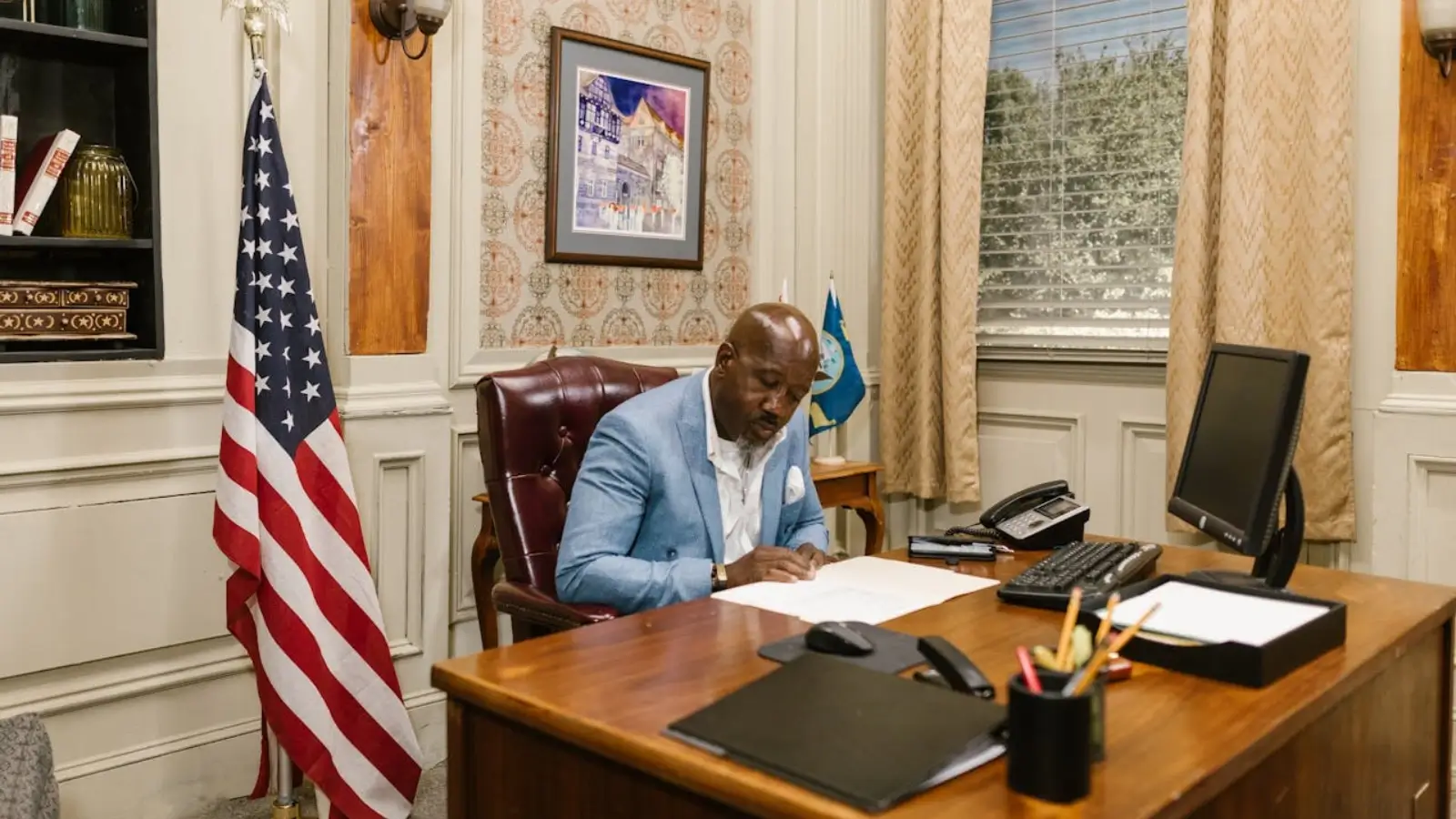The Second Amendment is a key piece of America's quest for freedom. However, it is not just an open invitation to arm up without any rules. There are strict regulations and some scenarios where you could actually lose this privilege.
If you have found yourself on the fuzzy side of these laws, this guide can help you understand your options and tips on what to do to better your outcomes, so stick around.
Decoding Criminal Weapons Possession in Florida
Tackling criminal weapons possession in Florida involves understanding how state and federal guidelines interface. Florida statutes make it illegal to possess certain firearms unless they meet specific criteria like having visible serial numbers and manufacturer details. Straying from these requirements transforms an otherwise legal firearm into an unlawful weapon.
The breadth of items classified under prohibited arms includes but is not limited to, silencers, sawed-off shotguns, and machine guns. Furthermore, the law restricts firearm ownership for individuals with past felony convictions or domestic violence misdemeanors.
Exploring the Elements of Weapon Possession
Criminal weapon possession has two main forms: actual and constructive. Actual possession is pretty straightforward—physically holding a firearm or having it tucked away in your pocket. Constructive possession gets trickier; it covers situations where the weapon might not be directly on you but within an area under your control, like inside your car's glove box.
Interestingly, more than one individual can possess the same weapon simultaneously. Take, for instance, that same unlocked glove compartment scenario—both driver and passenger could technically be claimed to have constructive possession of any firearms stored there.
Understanding Penalties for Firearm Possession in Florida
In Florida, the consequences of a weapons charge can be severe and vary significantly based on the nature of the offense. Specific offenses that attract legal penalties include unlawful discharge, possession, sale, or manufacturing of firearms.
Florida's 10-20-Life law kicks in with even harsher repercussions when a weapon is used during a crime: possessing a gun during the commission could land you a mandatory minimum of ten years; discharging it bumps that to twenty; if someone gets hurt or worse—the sentence escalates to 25 years to life.
Strategizing Defenses Against Weapons Charges in Florida
Facing a weapons charge in Florida is no small matter, given the strict penalties. However, several defenses could potentially mitigate these charges under the right circumstances. Some of the most viable defenses include proving lawful rights to carry the weapon or demonstrating that you were unaware of possessing it, which could entirely refute claims of intentional possession.
Other strategies might involve showing that any firearm found was never actually in your physical possession or asserting self-defense, especially if the incident occurred at your home or within your vehicle.
Another crucial angle is challenging any procedural errors or rights violations by law enforcement during your arrest. Each case varies significantly, so consulting with an experienced Florida criminal defense attorney becomes essential to navigate these complex legal waters effectively.
Why A Lawyer is Crucial When Facing Weapons Charges
Given the potential penalties, dealing with weapons charges in Florida can be scary. That is where bringing in a seasoned West Palm Beach criminal defense lawyer can make all the difference.
These folks understand how to navigate arguments for your rights, and even work towards lesser penalties. When you are in such hot water, having someone who knows their stuff is not just nice to have—it is critical for standing up strong in court.

















